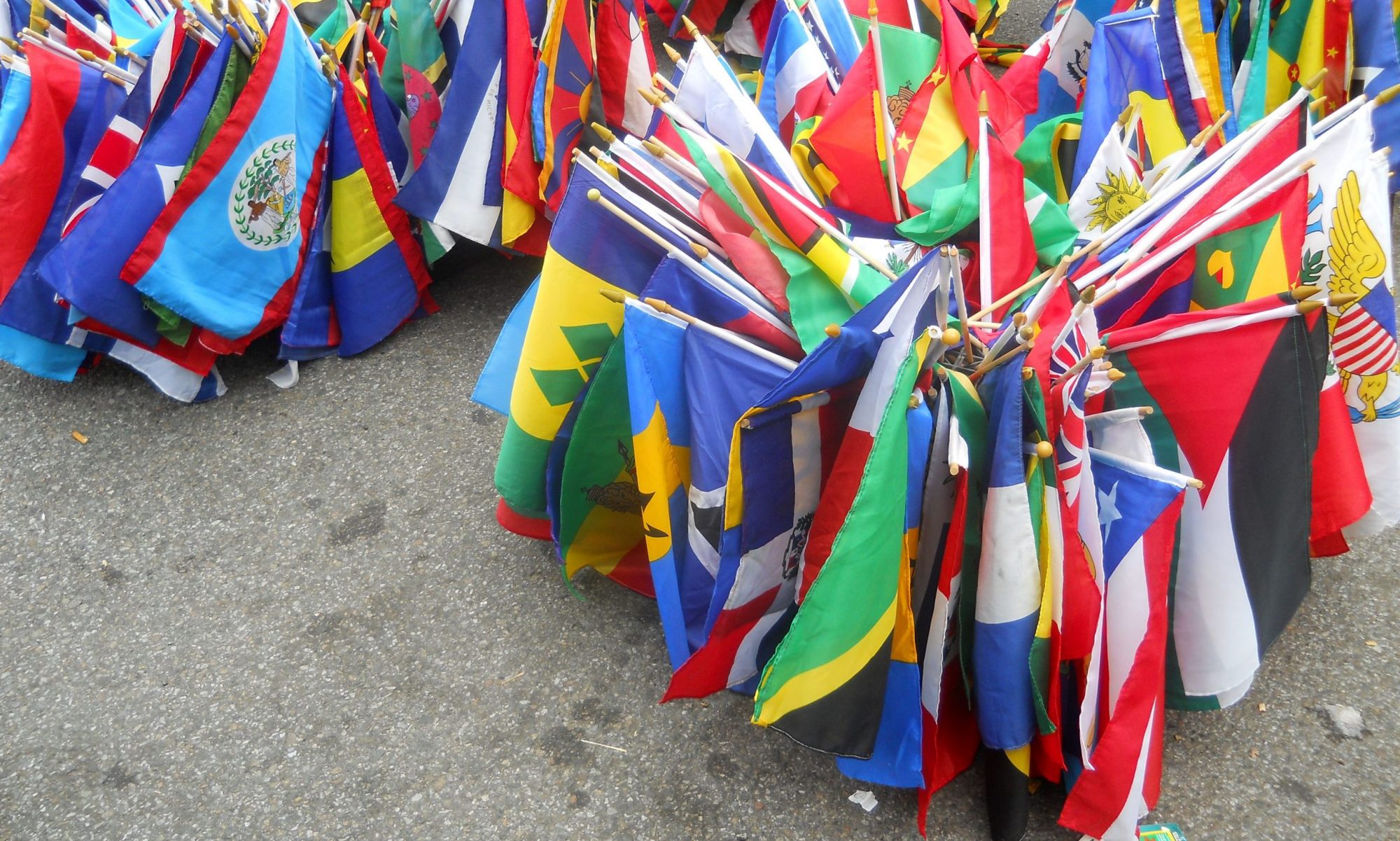Bling-Bling for Rastafari: How Jamaicans deal with hip-hop by Wayne Marshall. The article covers the role that hip hop plays in Jamaican culture and the identity of Jamaicans. In the land of reggae and dancehall, hip hop is pretty prominent and is increasingly becoming more mainstream. Hip hop is crucial because it embodies embrace, reject, and incorporates foreign yet familiar forms. There are many Jamaicans who fully embrace hip hop who regularly watch videos on BET and enjoy hip hop but even among those who fully embrace hip hop, there is a sense that one can go too far in this embrace that one can lose oneself in music too much and end up deracinated a terrible fate in such a root conscious place. For Jamaicans, reggae and their music style don’t only hold musical value but historical importance. Reggae remains Jamaica’s national music because it holds Jamaica’s post-independence history. It tends to proceed as an unbroken narrative of indigenous development ever since ska as to confirm Jamaica’s independence. The dominant narrative of Jamaican music mostly because of its nationalist form distorts the complicated story of Jamaican cultural and social missing the interplay between routes and roots in the process overlooking not only the cultural politics of modern blackness but the way such practices find their limits. some of the artists that the author interviewed admitted to incorporating some stylistic features from hip-hop into their style, but generally, they expressed that a whole embrace of “foreign music” was simply not for them. Many Jamaican view homegrown hip hop performers as confused about their cultural identity-making an implicit equation between musical practice and national attachment. The transnational circulation and combination of hip-hop and reggae have given shape and form to a Jamaican nation that well exceeds its geographical boundaries. Jamaicans’ use of hip hop and America, both on the island and in the diaspora, has been crucial to the fashioning of a cultural identity that makes sense of these new circumstances. “Popular cultural production in contemporary Jamaica,” argues Thomas, “must be positioned neither as a kind of contradictory false consciousness nor as inherently or hopefully resistant or revolutionary. Instead, we must take note of its complexity and particularly the changing balance of power between the respectable state and popular culture.

Seminar 2: The People of New York City
with Professor Lutton at City University of New York